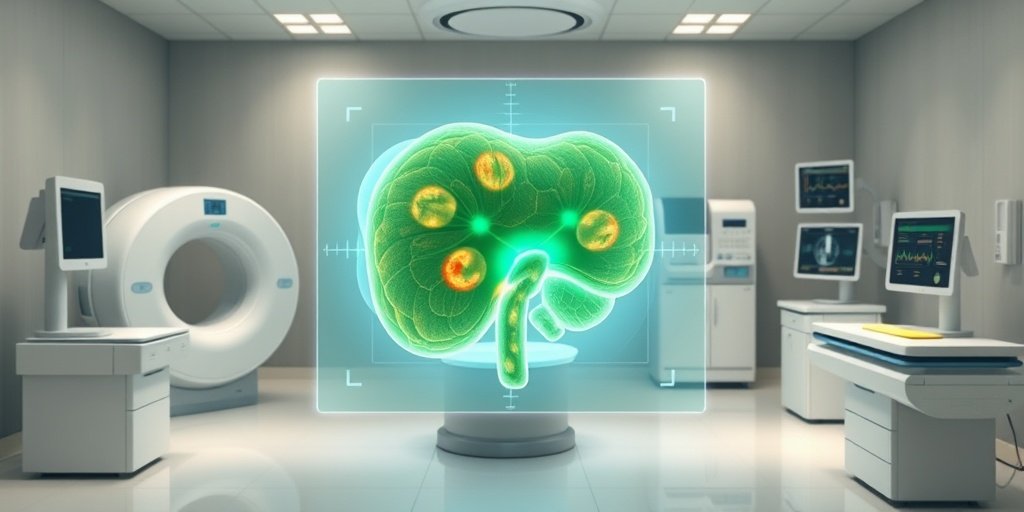Overview
A recent study conducted by researchers at UCLA has demonstrated the potential of an artificial intelligence (AI) tool to significantly improve treatment outcomes for men with prostate cancer. This tool aids physicians in identifying patients who are most likely to benefit from partial gland cryoablation, a minimally invasive procedure designed to treat localized prostate tumors.
Key Findings
- The AI tool, named Unfold AI, accurately estimates prostate tumor volume and identifies patients with a higher likelihood of successful treatment.
- Utilizing AI for tumor size measurement could potentially reduce treatment failures by over 70%.
- Dr. Wayne Brisbane, the study’s lead author, emphasized that precise tumor size measurement enhances predictions for successful outcomes with focal therapies.
About Partial Gland Cryoablation
This technique involves freezing and destroying only the cancerous portion of the prostate, thereby minimizing damage to surrounding healthy tissue. This results in fewer side effects compared to traditional surgical methods or radiation therapy, ultimately improving patients’ quality of life.
Challenges with Current Methods
Current diagnostic methods often underestimate tumor size and may overlook smaller cancerous spots, leading to incomplete treatment and potential recurrence. Unfold AI addresses these issues by:
- Analyzing data from MRI scans and biopsies to create a detailed 3D map of the prostate tumor.
- Providing a clearer understanding of the tumor’s true size and boundaries.
Clinical Trial Insights
The study involved 204 men with localized prostate cancer who underwent partial gland cryoablation at UCLA between 2017 and 2022. Key aspects of the trial included:
- Participants received MRI-guided biopsies at diagnosis and follow-up biopsies at 6 and 18 months post-treatment.
- Physicians utilized Unfold AI to generate 3D tumor maps and compared these to traditional indicators like tumor grade and PSA levels.
- Results indicated that tumor volume was the strongest predictor of treatment success, while tumor grade did not correlate with successful outcomes.
Future Directions
While the findings are promising, the researchers stress the importance of conducting larger, multi-center trials to validate these results. Dr. Brisbane noted that this study represents a significant step in integrating AI into prostate cancer treatment decision-making, paving the way for more personalized care.
The development of Unfold AI was supported by grants from the National Institutes of Health, showcasing the collaborative efforts between UCLA and Avenda Health.
